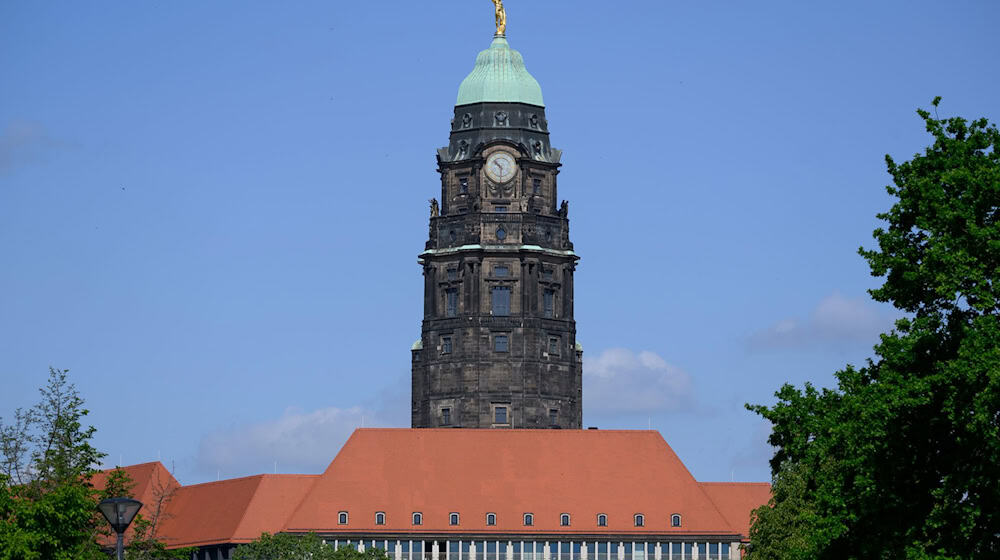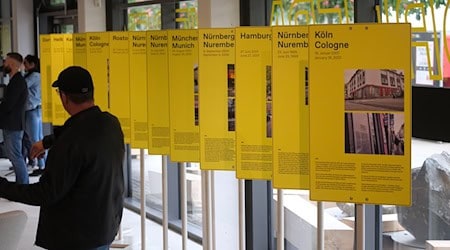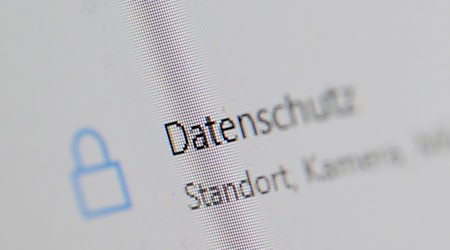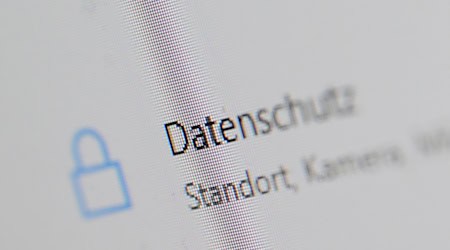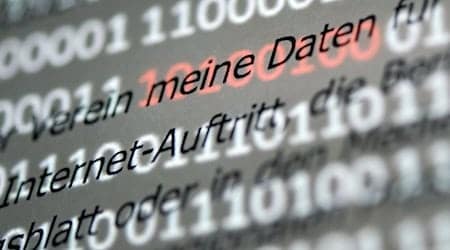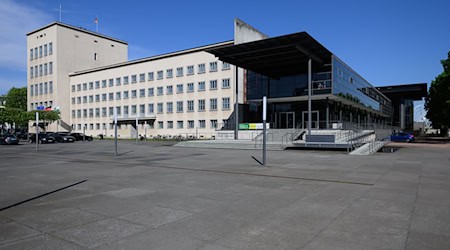The investigation against a former IT employee of the state capital Dresden for the unauthorized storage of around 270,000 files, including the electoral register, has been closed. The 55-year-old gave assurances that he had never used the data outside of work and had never made it available to third parties, the public prosecutor's office announced.
He had also not made any further copies and had destroyed the data. According to the information provided, the man cited a stress-related error as the reason for saving the files, which he could not explain in more detail.
No evidence of data transfer
These statements could not be refuted as a result of the exhaustive investigations, as the public prosecutor's office announced. In particular, the investigators were able to fully trace the deletion of the data. There were no indications that the data had been passed on. The public prosecutor's office was unable to prove that the 55-year-old had committed any criminal offense. The Saxon Data Protection Commissioner is now responsible for prosecuting any administrative offenses.
The public prosecutor's office and the Dresden police directorate investigated the man on suspicion of violating Saxony's Data Protection Implementation Act. He worked as a system administrator in the city's own IT services company for the citizens' office, among others.
Data of 430,000 eligible voters stored
From May to mid-October 2024, he allegedly connected external private storage media to the city's official IT technology without authorization and transferred a total of around 270,000 files. He is also alleged to have stored the complete electoral notification directory with the names, addresses and dates of birth of around 430,000 eligible voters in Dresden externally.
The state capital discovered the suspected data protection breach during regular audits of data handling by the city's IT department, according to a statement from November last year. The city dismissed the IT technician and banned him from the premises.
Copyright 2025, dpa (www.dpa.de). All rights reserved

